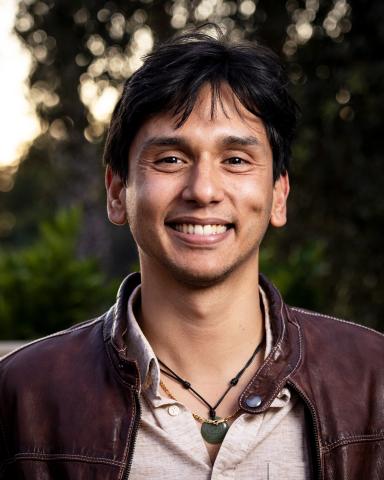
gtursi@ucsb.edu
Phelps 5211
Giancarlo Tursi is Assistant Professor of Translation Studies and Comparative Literature. He earned his PhD in Comparative Literature from New York University in 2022, his Masters, also in Comparative Literature, from the Sorbonne Nouvelle in Paris in 2015, and his BA in English Literature from Boston University in 2009. His interests center on the question of minoritized languages as well as on questions of multilingualism more broadly. Bilingual in Italian and English, he also speaks fluent French and has advanced knowledge of Spanish. He also speaks the dialect of his native hometown in Italy, Martina Franca. His doctoral dissertation, entitled “Dialectal Dante: The Politics of Translation in Risorgimento Italy,” looked at the phenomenon of dialectal translations of Dante’s Divine Comedy in nineteenth-century, unification-era Italy. He aims to turn his dissertation into a book in the coming years. Recently, his interest in minoritized languages has led him to take up study of the indigenous Mayan language Kaqchikel, spoken by roughly 400,000 people in Guatemala. His articles have appeared in The Kings Review and La Fusta. His essay “After Ferrante: Translation, Subtitles, and Stereoscopic Reading,” was published in the edited collection Ferrante Unframed: Authorship, Reception, and Feminist Praxis in the Works of Elena Ferrante by the Società Editrice Fiorentina in 2021. He recently finished an article, entitled "Audio Ferrante: Performance and Translation," that looks at Italian actress Anna Bonaiuto's audiobook reading of Ferrante's Neapolitan Novels and continues his previous article's foray into the intersection of translation studies and media studies. The article is set to be published by the Società Editrice Fiorentina in a volume entitled Framing Ferrante: Adaptation and Intermediality from Troubling Love to The Lying Life of Adults. He regularly teaches courses on translation theory (CLIT170), multilingualism and second-language acquisition (CLIT130), Dante's Divine Comedy (CLIT114/ITAL114X), and the mutual indebtedness of French and Italian cultures (CLIT108). At the heart of both his teaching and research is the question of translation in all its metaphorical guises.